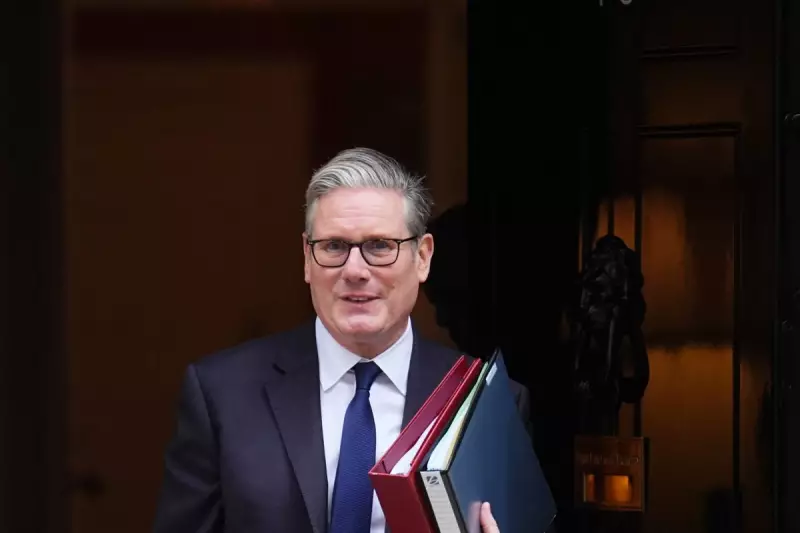
Sir Keir Starmer has delivered a blistering critique of the Conservative government's approach to China, accusing Prime Minister Rishi Sunak of dangerously inconsistent policies that threaten Britain's national security.
The Labour leader's intervention comes amid growing concerns about China's influence in the UK and follows the Prime Minister's decision to appoint former leader Liz Truss's aide as his own national security adviser, despite her controversial views on designating China as a formal threat.
Security Strategy Under Fire
Speaking with mounting concern, Starmer highlighted what he described as a "pattern of flip-flopping" on China policy within the Conservative Party. "We've seen position after position, U-turn after U-turn," he stated, emphasising that such inconsistency could have serious consequences for the country's security framework.
The Labour leader pointed to recent ministerial appointments that appear to contradict the government's stated position on China, creating what he called a "mess of mixed messages" that undermines Britain's strategic coherence.
Conservative Divisions Exposed
This latest political skirmish reveals deepening divisions within the Conservative Party regarding how to handle Britain's relationship with Beijing. While some ministers advocate for a tougher stance, others within the government appear to favour maintaining economic ties, creating a policy environment Starmer describes as "confused and confusing."
The controversy has been further fueled by the Prime Minister's choice of national security adviser, raising questions about whether the government is truly committed to a consistent approach toward what many security experts consider one of the most significant geopolitical challenges facing Britain.
Call for Clarity and Consistency
Starmer emphasised that national security should transcend party politics, calling for a "clear, coherent and consistent" strategy that protects British interests without compromising on security principles. His comments reflect growing cross-party concern about how to balance economic opportunities with security risks in relations with China.
As the debate intensifies, the Labour leader has positioned himself as advocating for a more predictable and principled approach to foreign policy, contrasting what he portrays as the government's erratic decision-making on matters of critical national importance.





